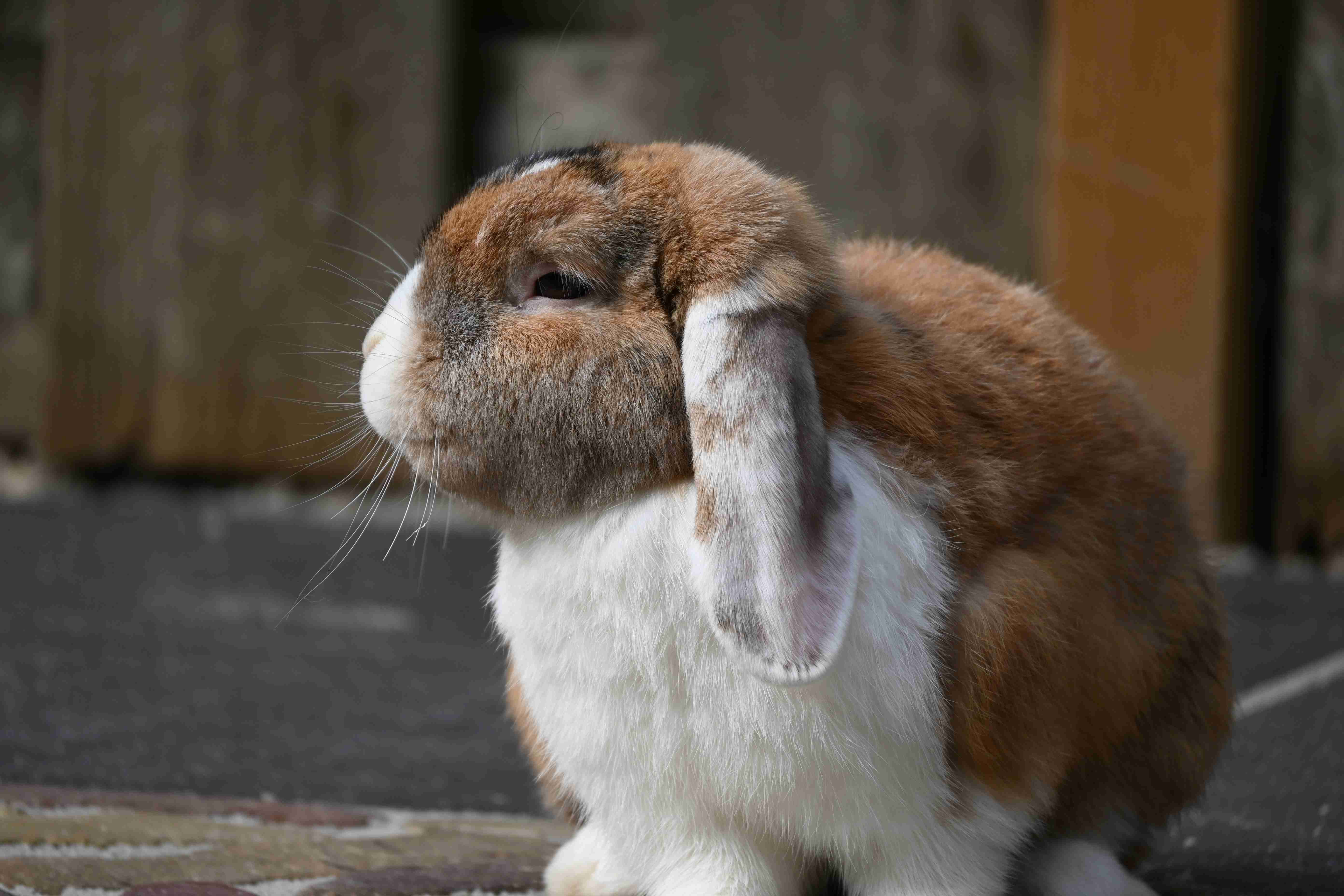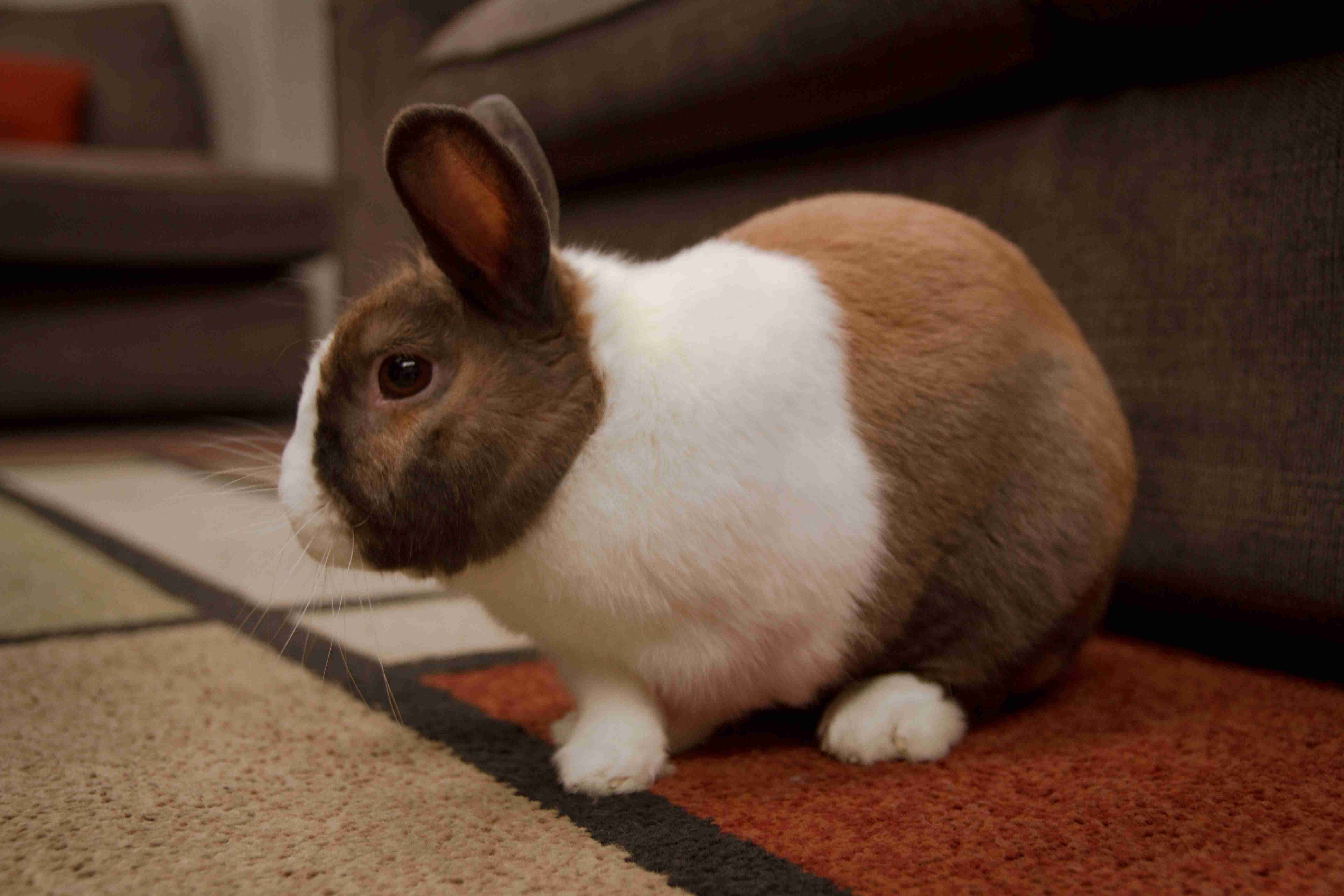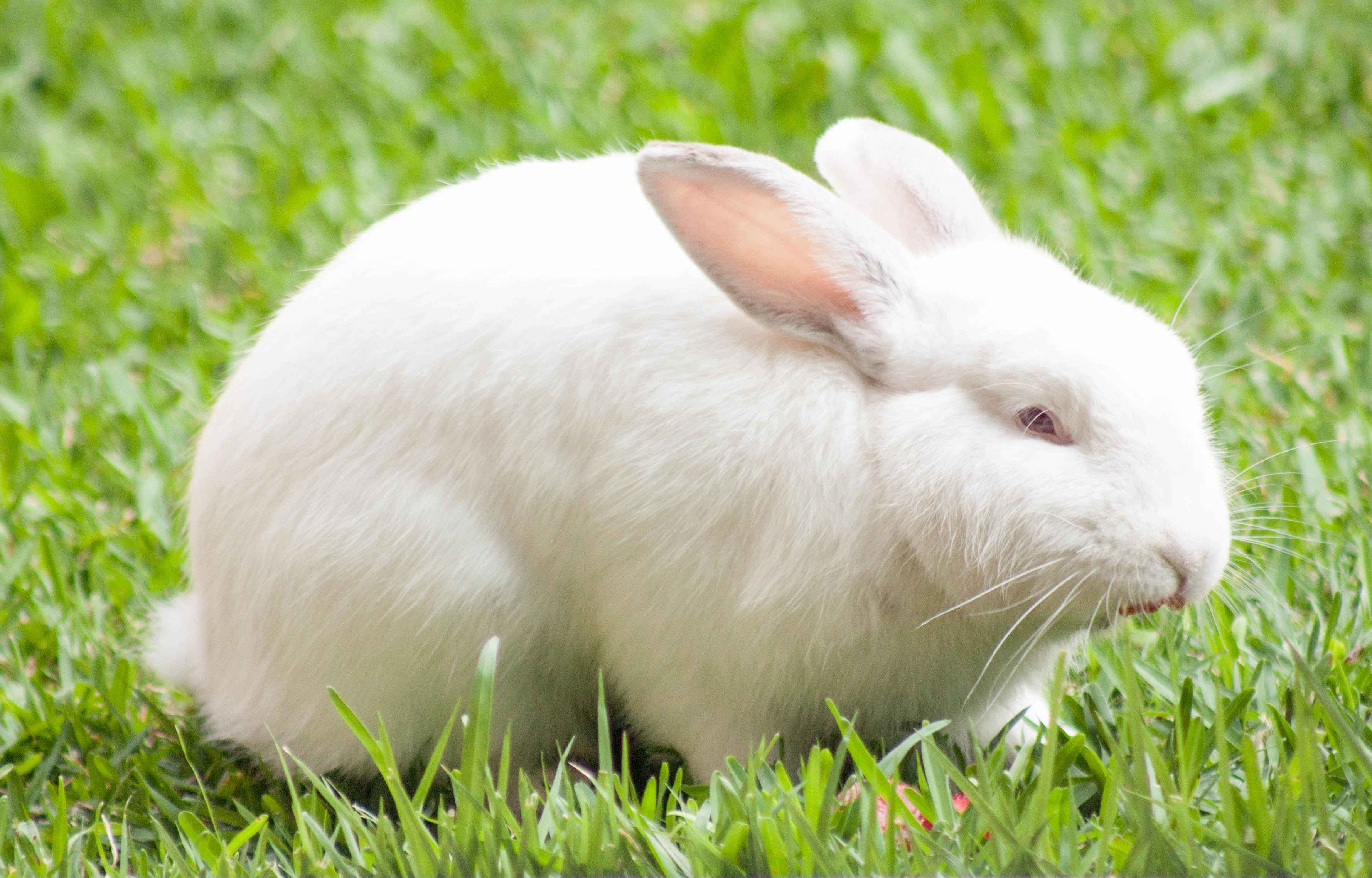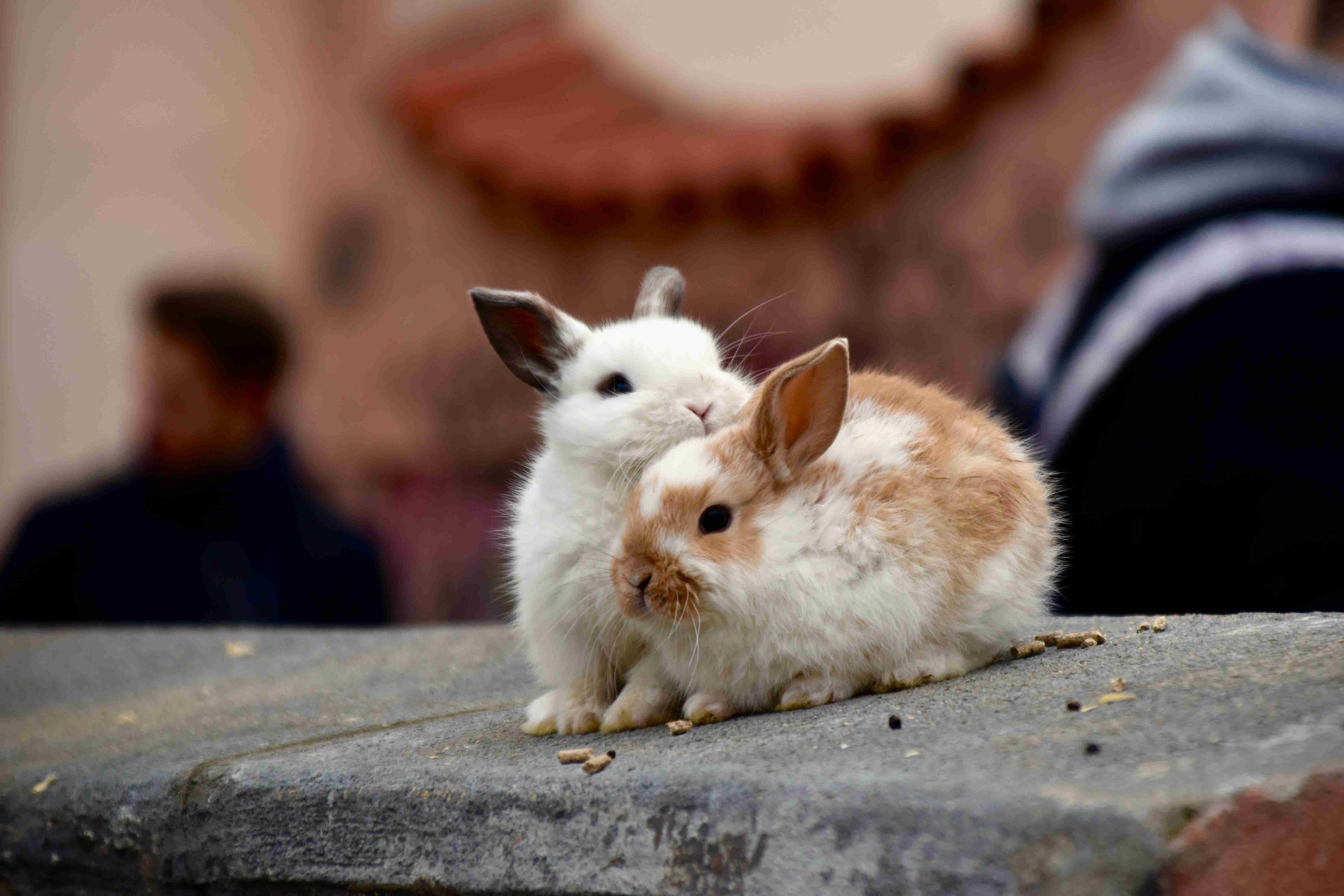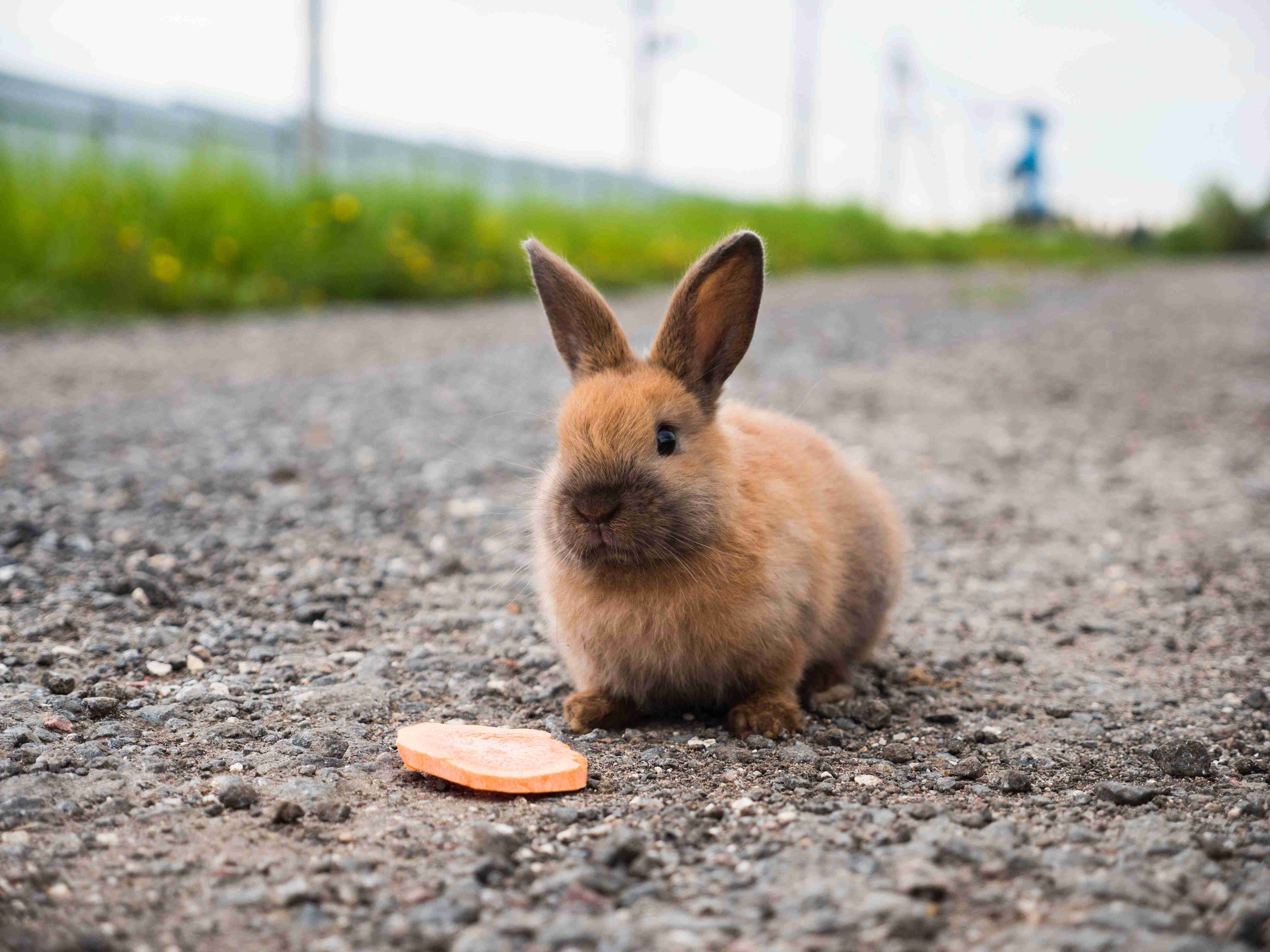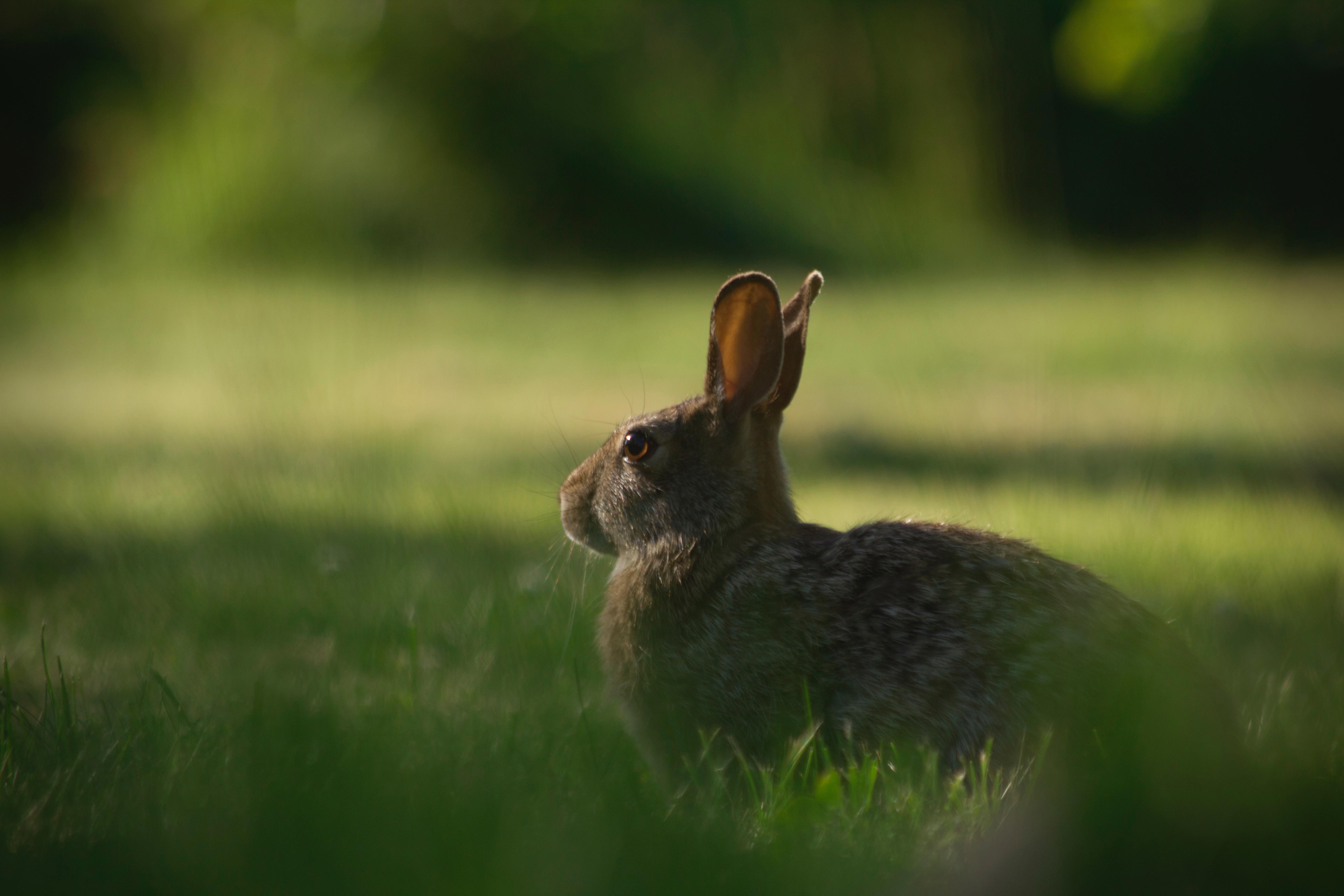Rabbits are adorable and curious creatures that love to explore their surroundings. However, their curious nature can sometimes lead them into trouble, especially when it comes to plants and flowers. Unfortunately, some of the most beautiful and common plants found in gardens and homes can be toxic to rabbits if ingested. As a responsible pet owner, it’s essential to know how to protect your furry friend from these harmful plants. In this blog post, we’ll provide you with tips and tricks to prevent your rabbit from eating toxic plants and flowers, ensuring their safety and well-being. So let’s dive in and learn how to safeguard your rabbit from harmful plants.
Rabbits are adorable pets that are loved by many. They are curious creatures that love to nibble on anything that they come across. However, some plants and flowers can be toxic to your bunny, and this can cause serious health issues or even death. In this blog post, we will discuss ways to protect your rabbit from toxic plants and flowers.
1. Know the plants and flowers that are toxic to rabbits
The first step in protecting your rabbit is to know the plants and flowers that are toxic to them. Some of the common plants that are dangerous to rabbits include azaleas, daffodils, lilies, and tulips. You can research the plants and flowers that are toxic to rabbits and make a list of them. This will help you to identify and remove them from your garden or home.
2. Keep your rabbit indoors
One of the best ways to protect your rabbit from toxic plants and flowers is to keep them indoors. When your rabbit is indoors, you can control what they eat and ensure that they are safe. However, if you have a garden or a yard, you can create a safe area for your rabbit to play in. This area should be free from toxic plants and flowers, and you should supervise your rabbit at all times.
.jpg)
3. Provide your rabbit with safe plants and flowers
If your rabbit loves to nibble on plants and flowers, you can provide them with safe options. Some of the safe plants and flowers for rabbits include parsley, cilantro, and dandelion greens. You can plant these in your garden or keep them in pots inside your home. This will give your rabbit something to nibble on without putting their health at risk.
4. Train your rabbit
Training your rabbit can also help to protect them from toxic plants and flowers. You can teach your rabbit to avoid certain plants and flowers by using positive reinforcement. For example, you can give your rabbit a treat when they avoid a toxic plant. This will encourage them to avoid it in the future.
5. Be vigilant
Finally, you should always be vigilant when it comes to your rabbit’s safety. Keep an eye on what they are eating and ensure that they are not nibbling on anything dangerous. If you notice any signs of poisoning, such as vomiting, diarrhea, or lethargy, take your rabbit to the vet immediately.
Overall, protecting your rabbit from toxic plants and flowers is essential for their health and wellbeing. By knowing the plants and flowers that are toxic to rabbits, keeping your rabbit indoors or providing them with a safe play area, giving them safe plants and flowers to nibble on, training them, and being vigilant, you can ensure that your rabbit stays safe and healthy.
In conclusion, it is crucial to take the necessary precautions to protect your rabbit from toxic plants and flowers. By being aware of the plants that are harmful to your furry friend and taking measures to keep them out of reach, you can ensure the safety and well-being of your pet. Remember to always do your research and consult with a veterinarian if you suspect your rabbit has ingested a toxic plant. With these tips and tricks, you can enjoy a beautiful garden or home without putting your rabbit at risk.


.jpg)
